Climate change - A challenge to India's economy
Briefing paper on climate change for members of Parliament by Anil Agarwal - Calling upon policy makers to recognise India's stake in the international climate change negotiations.
Briefing paper on climate change for members of Parliament by Anil Agarwal - Calling upon policy makers to recognise India's stake in the international climate change negotiations.
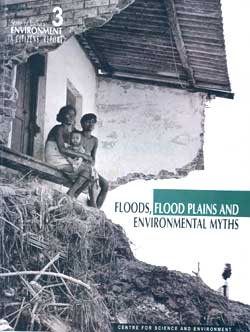
This report remains one of the few chronicles of the ecological change taking place in the Indo-Gangetic plains - India's most densely populated area. Focussing on the recurrent problem of floods in this region and describes the nature of challenge posed by ecologically sound development and suggests new ways of looking at policies.

The idea that developing countries like India and China must share the blame for heating up the earth and destablising its climate, as espoused in a recent study published in the United States by the WRI in collaboration with the UN, is an excellent example of environmental colonialism. The report of the WRI is based less on science and more on politically motivated and mathematical jugglery.
In India, recent micro-experiments clearly show that environmental regeneration is possible if native wisdom and local decision-making is respected. Towards Green Villages sets out an environmental improvement strategy that is based on real life experiences of grassroots work in which people have improved their environment together with their economy. Three initial steps are essential. First, the decline in overall biomass production must be reversed. Second, economic growth and rural development programmes must focus on how to increase biomass in an equitable and sustainable manner.
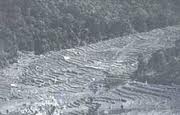
This report was published by CSE for a presentation to the Parliament of India on the impact of environmental destruction on floods and drought.
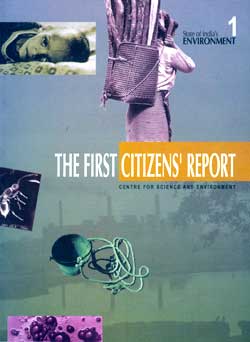
This report analyses the little understood relationship between development and environment, the impact of environmental degradation on individual, social groups, tribals and nomads. In many ways, this voluntary report on the state of the environment in India is a unique document. It is the product of an enormous participatory effort. A range of voluntary agencies and individuals interested in environmental issues have contributed their best efforts towards making this report.
Indian Prime Minister Indira Gandhi takes a keen interest in the development of her country's science and technology. Here, she talks to Anil Agarwal
A weed which was carried into India from the United States has spread within a decade across a thousand miles of the country from Bangalore in the south to Kashmir in the north. This prolific plant, Parthenium
From Kashmir to Burma, where tigers once lived amid lush forests, a vast tract of land has been laid bare by the timber industry. In its wake have come landslides, drought and yet further poverty. The
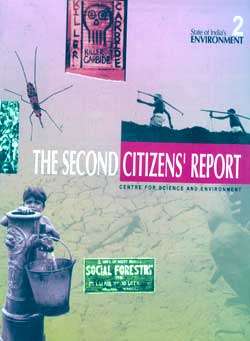
This book describes major environmental changes in India. It's a balance sheet of India's resources and focuses attention on the effect of ecological degradation on the poor. The interesting thing in the second report is the information that is provides on the linkages that operate on what can be called the interface areas: at the interfaces between different ecological spaces like croplands, grazing lands and forests; between the people and their environment; between economies of towns and villages, and so on.
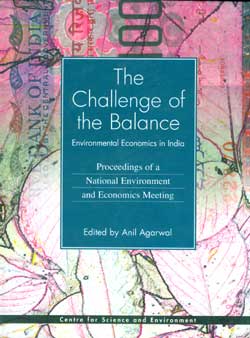
The number of institutions trying to integrate environmental concerns with economics is still small in India, especially given the size of the country and the diversity of its environmental problems and challenges, but a small beginning has already been made. This volume presents the proceedings of the national environment and economics meeting held in January 1994, in New Delhi.